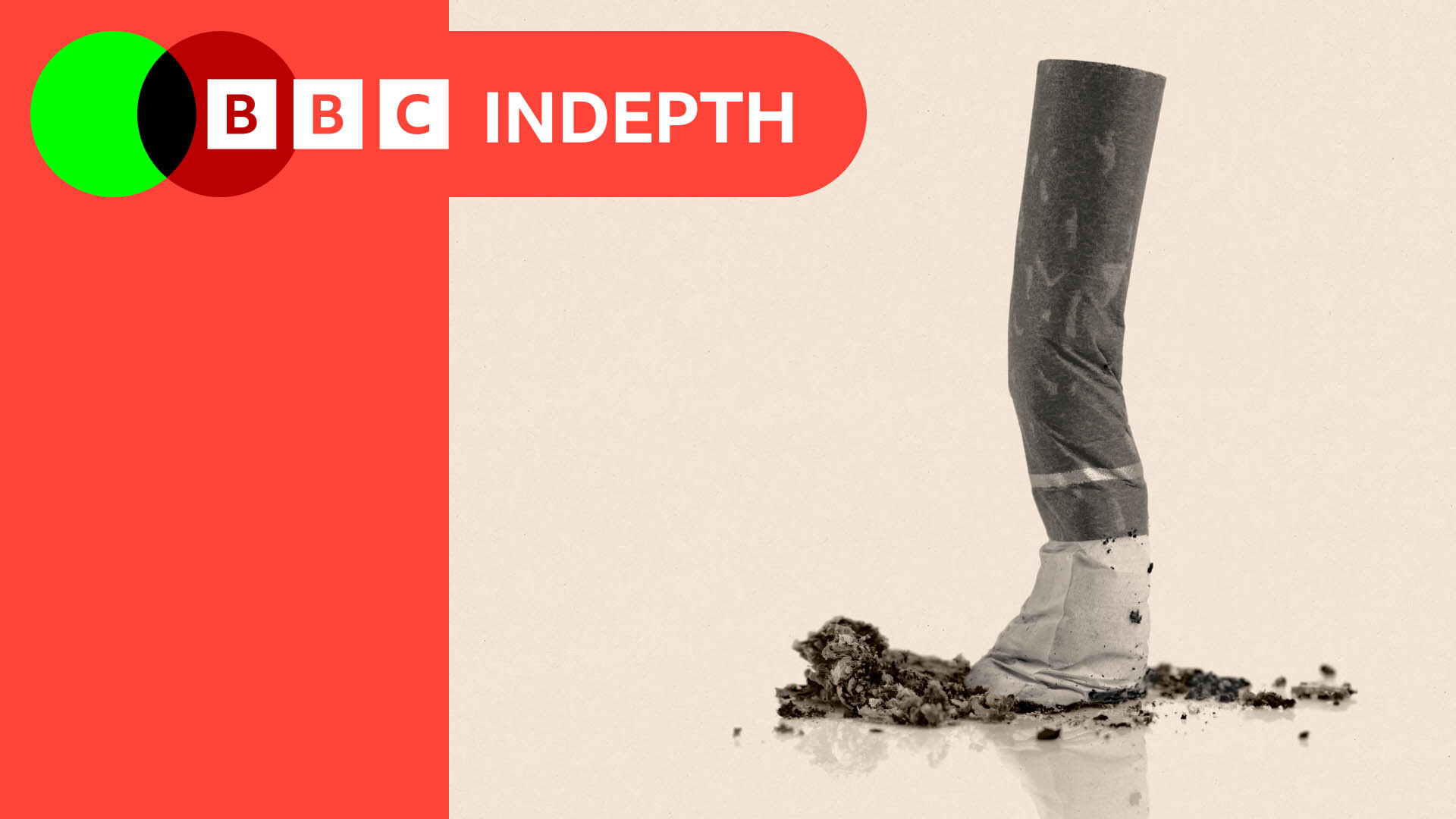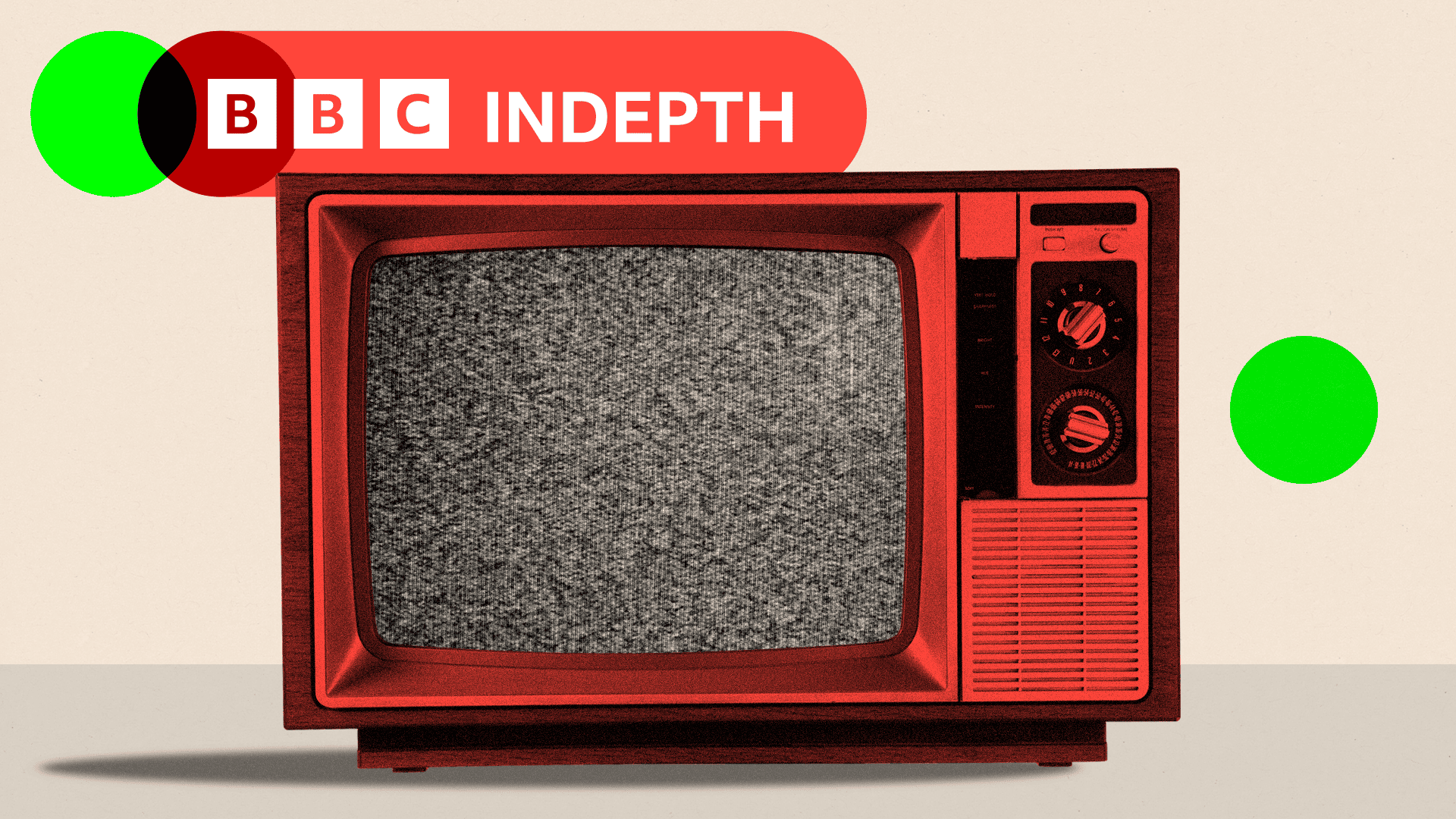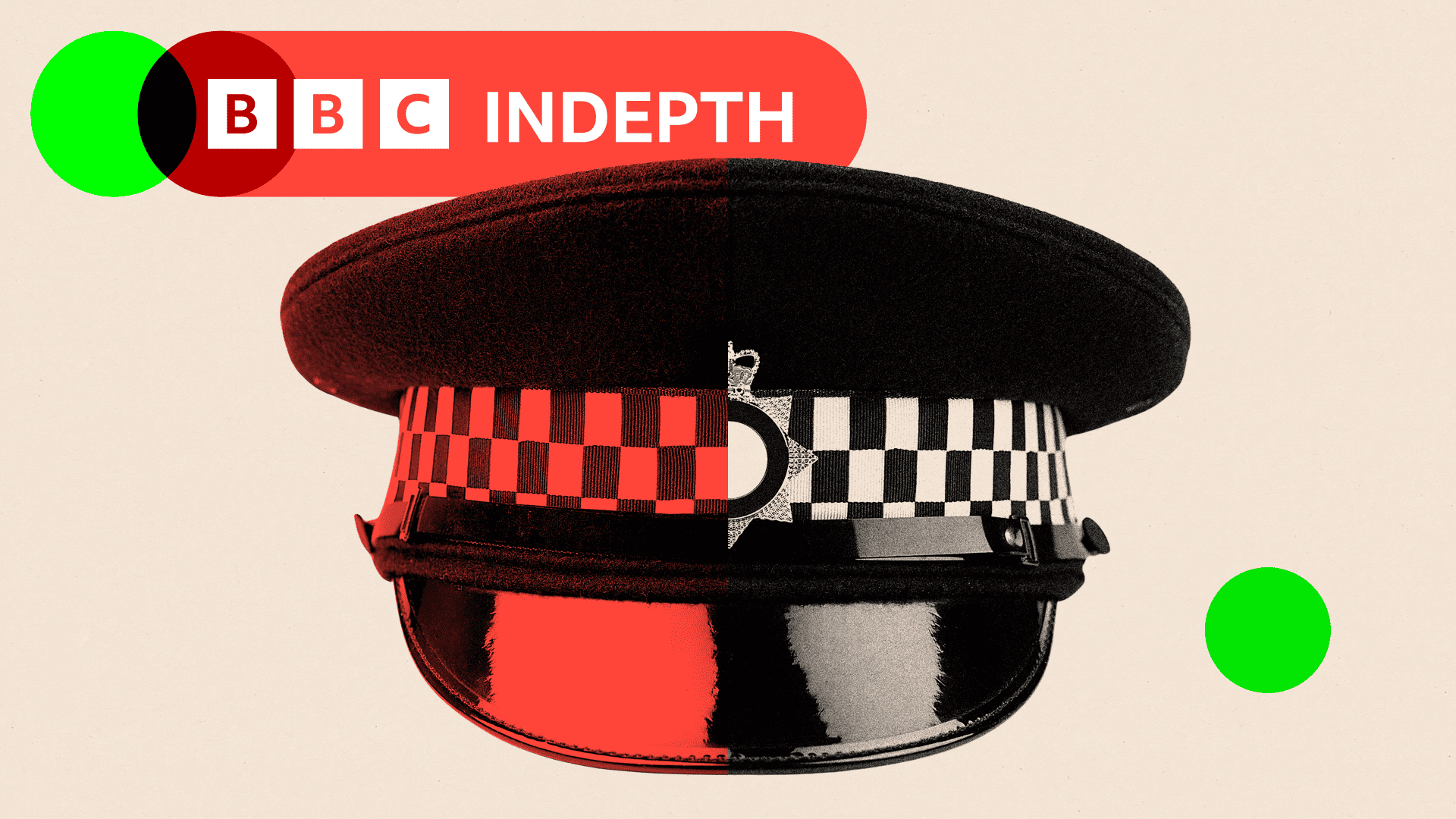The debate: Will the new rules for pornography sites do more harm than good?
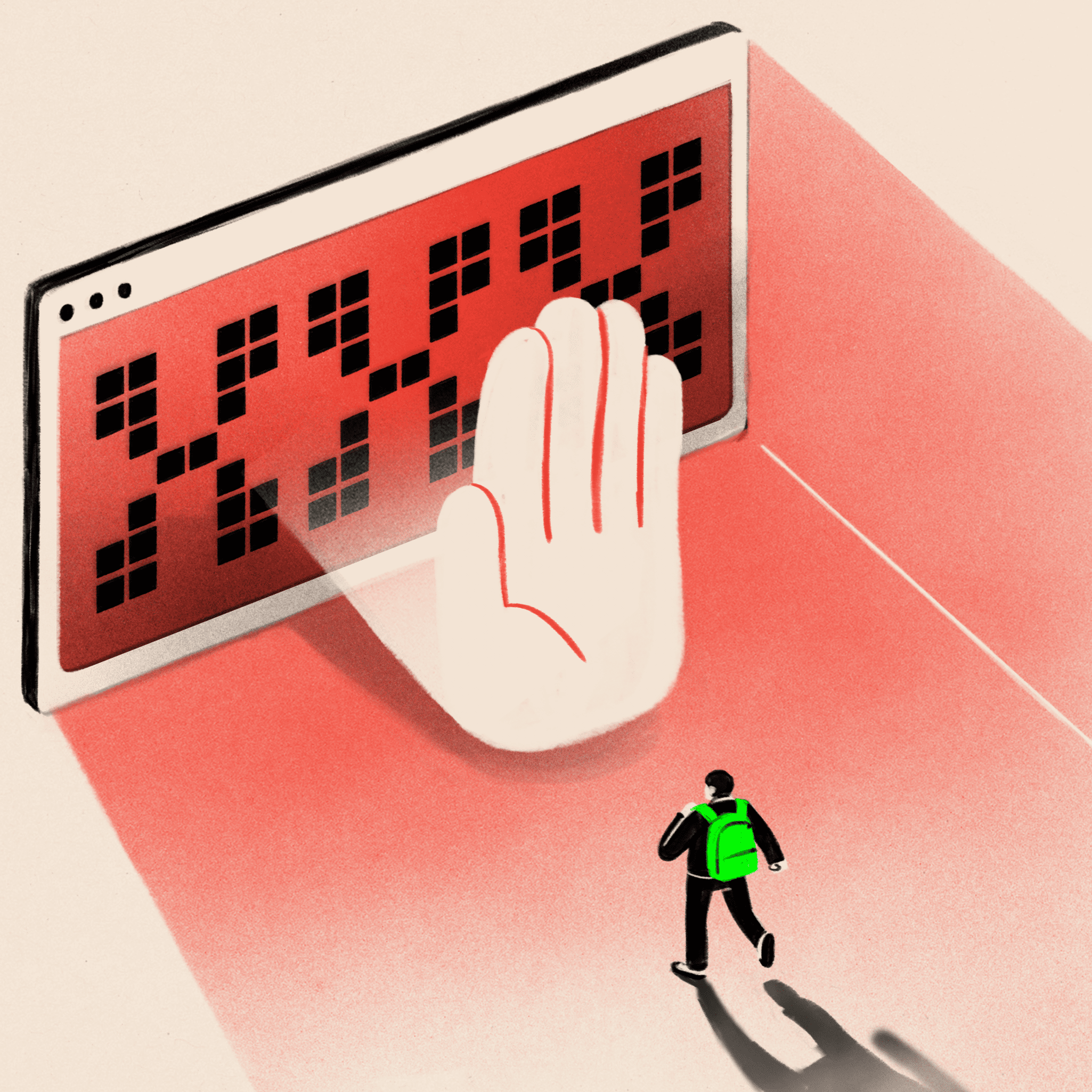
Children in the UK will soon be better protected from viewing pornography - or, at least that’s the theory.
From 25 July, a new regulation in the UK will force adult websites to enact more robust age verification measures. Until now, a user simply had to click a button affirming they are over 18 to access some sites but the new regulation means people may have to send a photograph of their ID, credit card details or a photograph of themselves. Campaigners call these measures “age gates”.
But is verification a good idea, or could it have even darker consequences? BBC InDepth invited three people with strong views on this issue to discuss it further. Here is a shortened version of their debate, which delves into their different perspectives - and their fears.
Meet the participants



THE DEBATE
Should pornography websites be forced to age-verify users?

I don’t think we’d be comfortable with children wandering in and out of sex shops - but currently far worse is happening. Children have unfettered access to an almost-infinite supply of hardcore pornography. And I believe it’s having a devastating effect.

I have concerns with the age assurance process - by sending a sensitive ID document, such as a driving licence or passport, users are exposing themselves to new risks [like] exploitation by cyber criminals or blackmail over their viewing habits.
Plus there’s the risk that children will share porn using memory sticks or peer to peer file sharing sites and won’t know what they’re downloading. Or, worse, what if they go onto the dark web and expose themselves to even more harmful content?

I think the new regulations are a good thing. But I‘d like to see broader regulation that takes account of the harms that pornography does to adults, too.
From personal experience - you can definitely tell when someone watches a lot of porn. I believe they’re more likely to sexualise women - and they do that very openly.
Could ‘age gates’ really send young people to darker, more dangerous corners of the internet, as James says?

I was first exposed to porn via a pile of magazines I found in the woods. I don’t think age gates will completely get rid of those risks that young people face.

But evidence from public health shows that if you make something more difficult, fewer people do it. When it comes to online pornography, there might be a delay - but it will start to change culture. Besides, we don’t worry about the law banning cigarettes for children, for fear they might turn to harder drugs. The law has an important role in designating what is safe and harmful.
And to James’s point: today's online porn is a world away from dirty magazines. It’s changed almost beyond recognition - into something that is misogynistic, violent, sexist.

I’d be interested, Naomi, if you think the age-assurance industry (the third party companies that will check identity documents for pornography websites) should be regulated?

Yes, definitely - age verification providers should be regulated.

Because at the moment, it isn’t. For example, gay dating app Grindr has turned on age verification and users don’t get a choice over which age-assurance provider they use. There might be a friendly, UK-based provider with good privacy protections but instead UK users have to send their ID to a US company. If there’s a data breach, that could potentially out LGBTQ people who might have been in the closet.

But pornography websites have their own problems here. One study* showed that 93% of them pass on personal data to third parties, often without consent. There are so many cybersecurity risks associated with this industry.

Yes, the porn industry’s data collection is atrocious.
But some of those big websites have slowly started to get better at taking down harmful content and checking the ages of sex workers. If people start sharing content in less regulated spaces, you might find that some content becomes even worse. Like, in the early internet, a user would be exposed to bestiality porn on big mainstream sites. That isn’t the case anymore.
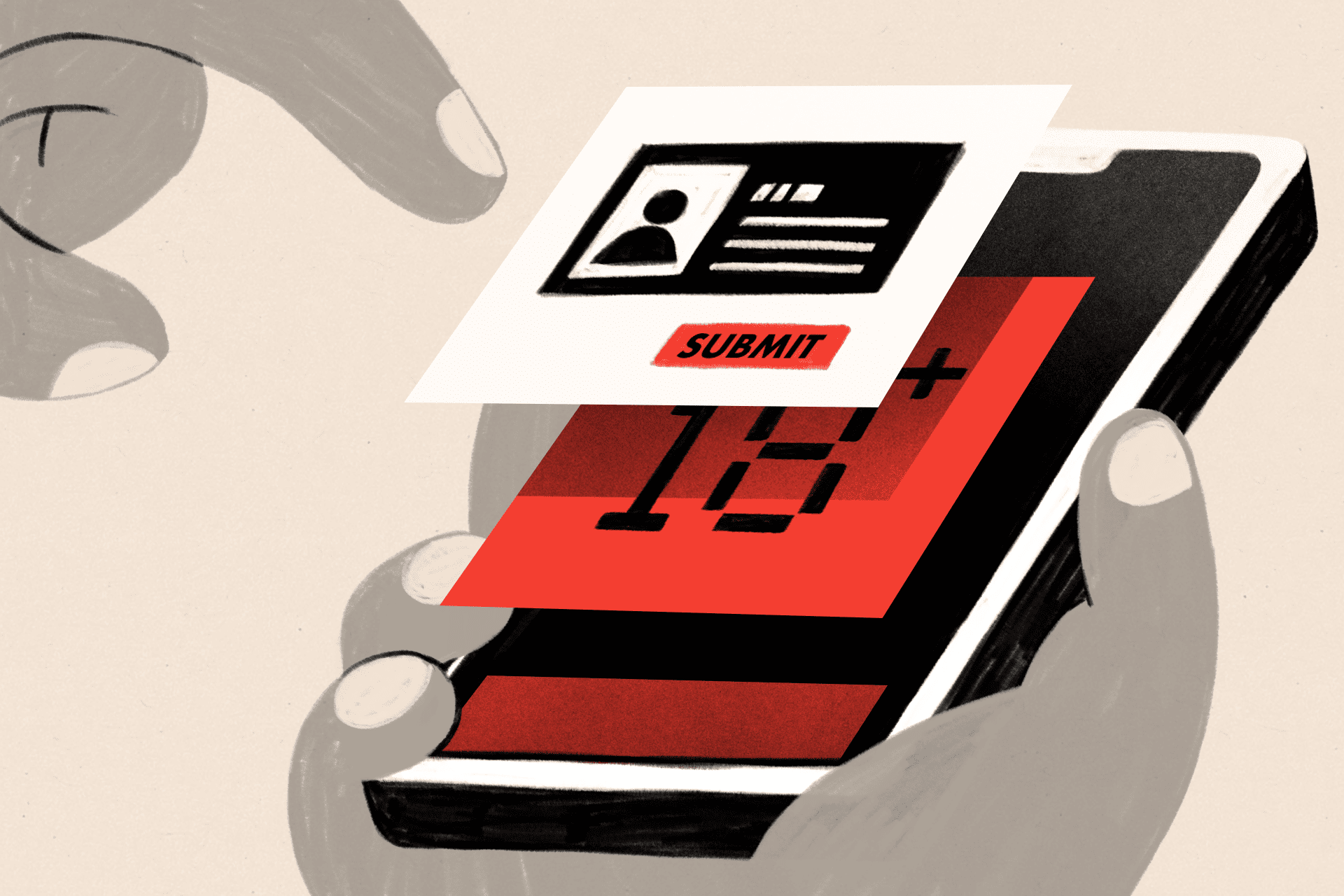
This assumes that all pornography can be harmful. How does the rise of so-called ‘ethical’ and ‘feminist’ pornography fit into the debate?

I think when a person is turned into an object that purely exists for the gratification of men, violence is kind of inevitable, because she is there to be used and abused. You’re treating her as an other, as a thing.

Take something like audio porn - that is a different way of approaching things because there are no actors involved.
I’ve heard about feminist porn too. It’s potentially an alternative but unlikely to take off. In the current industry, a bunch of young, vulnerable, mainly women don’t really know what they’re getting themselves into. A lot of them have been trafficked, or have been pressured into the industry because they don’t have enough money.

Ethical porn is an idea that’s floated around a lot, and it exists in the industry - but it’s a tiny percentage of market share. And ultimately algorithms push people to more extreme, violent content. We see these ‘escalation pathways’: the younger the age of exposure, the more likely young men are to be aroused by violent, hardcore content.
There has been talk about how people may find other ways to access porn, like via the dark web. But surely that requires tech skills - which is a barrier?

I don’t personally know how to access the dark web. But there is always the potential that people who are desperate to access the content will find ways to do it - that’s human nature.

I use the analogy of a young person trying to get into a nightclub and there’s an age gate on the door. But in this instance, there’s a dark alleyway just around the side, and a big gaping hole in the wall of the nightclub. To get into the club that way, they have to go past dodgy characters that are hanging out there, drinking, hurling abuse.

But I still think for the sake of changing culture, age gating is necessary. It’s a very slow process, but if you’ve got young people who’ve never been able to access pornography, then at a certain point that loop will fade away.

I worry that it will actually teach young people deception, how to get around things without talking to adults - and encourage a dishonest approach to their porn-viewing habits.

I think the law is important - it’s very important to have this principle based on the evidence of harm. However, we need to think very carefully about how we implement age verification.
We’re all in agreement about that.

To raise another point, there’s also a risk of pornography websites using people’s personal details for commercial purposes. If you visit a porn site and you allow the porn company itself to do age verification by sending your ID, they’ve now got your name, your email, your phone number.
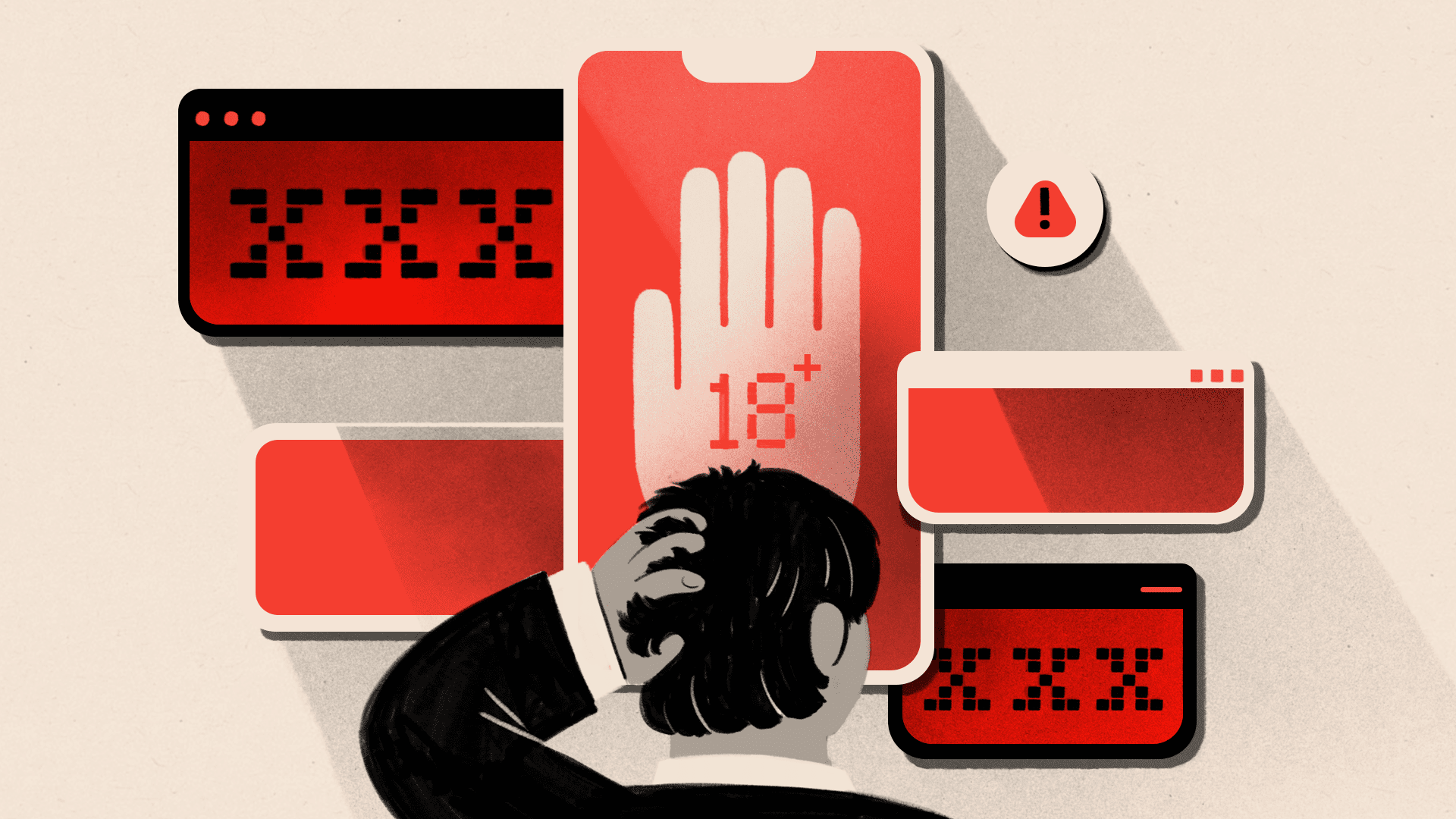
You all think it’s bad for teenagers to watch pornography, you just have different ideas for how you’d stop them doing it. So to play devil’s advocate, is it possible that this is a moral panic?

It’s an interesting question. I remember growing up in the 1990s and watching Terminator 2, which was rated 15, when I was underage with my friend. His mum let him watch the whole film, which was about violent robots killing each other. But the one bit he wasn’t allowed to watch was the sex scene; he had to turn away from the screen. There’s something interesting about what we consider the bigger risk: violence or sex.

I wish it was a moral panic but all the evidence suggests otherwise. Rape culture is endemic in our schools and universities. And there is a measurable correlation between porn consumption - particularly at a young age - and harmful sexual attitudes and behaviours.
And it’s important to note that pornography is not sex - it’s a harmful commodity. Sexual curiosity in young people is completely natural, but there’s nothing natural about the porn industry.

As a teenager I accessed pornography, and I’m a happily married, well-adjusted person. Millions of adults view it and don’t have those abhorrent views towards women. A lot of the harms come from the way the platforms push algorithms. We should tackle that. But we should also allow people freedom of expression. After all, sexual images have been around since cave paintings.
By Luke Mintz and Text Formats. Illustrator: Jodi Lai
